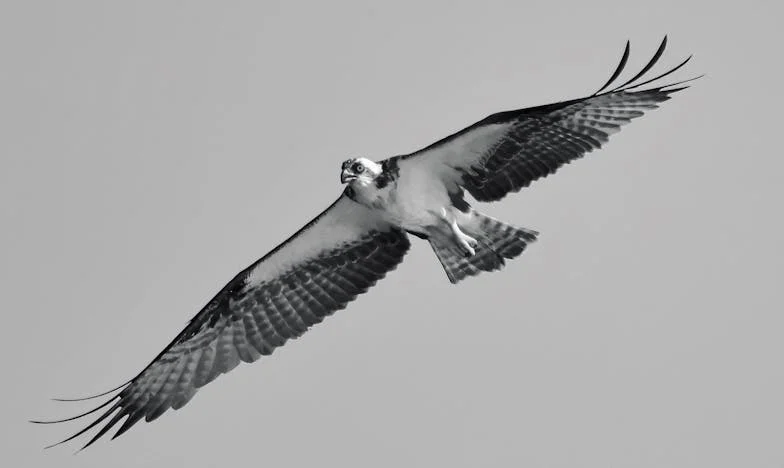When Family Lines Are Drawn: My Fight to Love in America
“You’re not going out with him, Emily. Not in this house. Not ever.” My father’s words slammed into the kitchen table, his fist rattling the saltshaker. Mom looked away, biting her lip, her hands twisting the hem of her apron. I was seventeen, and I stood there with my car keys shaking in my fist, my heart beating so loud I thought the whole world could hear how terrified—and alive—I felt.
Michael was waiting outside, engine idling in our driveway, sunlight glinting off his baseball cap. I could see him through the lace curtains: tall, calm, the only safe thing I’d ever known in a world that suddenly felt like a war zone. I’d met him at a summer camp just outside Birmingham. We’d made s’mores together, laughed at bad ghost stories, and he’d held my hand when I’d panicked in the dark. His skin was the color of coffee, his laugh like music, and his eyes—God, his eyes—promised a future I’d never dared to dream.
But in Jasper, Alabama, girls like me didn’t date boys like him. Not openly. Not if you wanted to keep your friends, your church, your family.
“Dad, please,” I whispered, voice trembling. “He’s a good guy. He’s kind. You’d like him if you just—”
My father cut me off, his face red. “It’s not about him, Emily. It’s about respect. About what people will say. About family.”
I thought of Michael’s hand in mine, how it had steadied me. I thought of the way his mother had welcomed me into their Atlanta apartment with sweet tea and stories about her own struggles. I thought of how small my world felt now, how big it could be with him.
I left the house that night. I don’t know if it was bravery or stupidity, but I slammed the door, ran to Michael’s car, and let him drive me out of town. We didn’t talk for miles. He kept glancing at me, worry creasing his brow. “You okay, Em?”
I nodded, but the tears came anyway. “I don’t know if I can ever go back.”
He squeezed my hand. “I’m here. We’ll figure it out.”
We figured it out for almost two years. Atlanta became my world—a world with music and food I’d never tasted, with people who looked at us with curiosity but not contempt. I got a job waiting tables while Michael started community college. We scraped by, sometimes eating ramen for dinner, sometimes fighting over stupid things like laundry or whose turn it was to pay the electric bill. But we were free, or so we thought.
The letters from my mom came at first, short and stiff. “We miss you. Your father is worried. Church folks are asking questions.” Then they stopped altogether. Holidays were the hardest. I’d sit on Michael’s couch, phone in hand, wondering if they even thought about me as turkey and cranberry sauce filled their house.
One night, the phone finally rang. My sister, Anna. Her voice was thick with tears. “Mom’s sick. You should come home.”
Fear tangled with guilt. Michael drove me back to Jasper in his old Honda, holding my hand all the way. The town looked smaller, meaner somehow, as we pulled up to my childhood home. My mother was thinner, paler, but her eyes still sparked when she saw me.
We hugged for a long time. My father hovered in the hallway, arms crossed, jaw tight. He didn’t look at Michael. Dinner was tense, each word a landmine. Michael offered to help clear the table. My father ignored him.
That night, Anna crawled into bed with me, just like we used to as kids. “Do you love him?” she whispered.
I nodded. “I do.”
She sighed. “I wish it wasn’t so hard for everyone else.”
A week later, Michael drove us back to Atlanta. My mother hugged me, whispered, “Be safe.” My father didn’t say goodbye. I cried the whole way home.
Over time, the calls from home became less frequent. Michael and I built a life: I went back to school, he started working full-time. We made new friends—some who looked like me, some who looked like him. We went to protests, fighting for a world where our love wouldn’t be a scandal. We got engaged under a magnolia tree in Piedmont Park. I wore his ring like a secret promise: that love was bigger than hate, that family could be chosen.
But some wounds never heal. On our wedding day, my parents’ seats were empty. My heart ached for the mother who’d baked me birthday cakes and the father who’d taught me to ride a bike. But as Michael and I danced beneath the string lights, surrounded by the friends who had become our family, I felt hope.
Sometimes, late at night, I still wonder: If love is supposed to conquer all, why does it have to hurt so much to choose it? Would you have been brave enough to walk away from everything you knew for a chance at something better?
